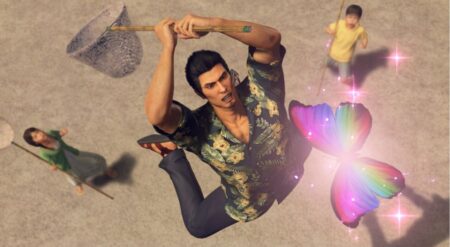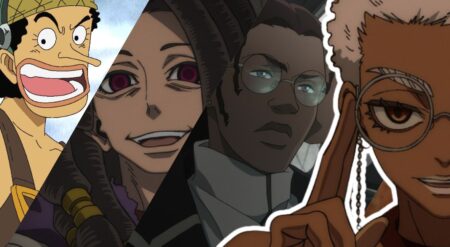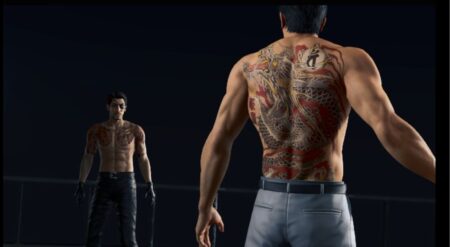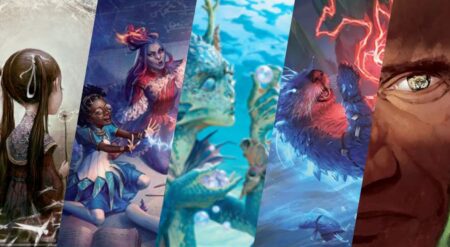This article contains spoilers for Avatar: Frontiers of Pandora.
I am not a pacifist, and the older I get, the less tolerance I have for respectability. Traditionally, films, television, and video games push narratives that wind up idolizing pacifism and peace over justice and retribution. When it came to Avatar: Frontiers of Pandora, I expected the same type of handling of anti-colonialist themes.
Truthfully, I didn’t expect much from an Avatar video game because the films only engage with colonialism on a surface level. That said, switching perspectives from a human, or former human in the case of Avatar: The Way of Water, to a Na’vi who was stolen from their clan, allows the narrative to directly engage with colonialism and the abuse and trauma that comes from it in no uncertain terms. Surprisingly, the developers at Massive Entertainment don’t pull any punches with Avatar: Frontiers of Pandora. You see the devastation brought on by the RDA in real-time, the lives of the Na’vi lost at their hands. All while the developers are careful to make sure that you see into your character’s past and gain answers about the personal toll it’s all taken. The narrative has two driving factors: There’s the need to connect to your culture and secondly, but more importantly, to learn why you were cut out from it by an RDA scalpel in the first place.
Each subsequent mission builds another layer of grief and fear for your character. The teacher who saved you from the RDA facility is very much the reason that your clan is dead. The mountain of grief and pain that’s heaped onto your shoulders as you explore your history is one of the most emotional character trajectories I’ve ever seen in a Ubisoft game. Clearly drawing comparisons from historical residential school systems where white Catholics kidnapped and tortured indigenous children, Frontiers of Pandora doesn’t use weak language to discuss the trauma caused by colonization and the weapons it wields.
One of the reasons I believe that fantasy and sci-fi can be cathartic explorations of tough historical subjects is because catharsis may never come in the real world, no matter how loud I yell or how many times I show up. But in this silly little “blue people” game, I can fly through Pandora, destroy oil pipelines, shoot down helicopters, and restore parts of the world into what they should be. In the story, I can return Na’vi to their clans, take down military forces stealing land and poaching animals. I can feel like what I am doing has a tangible impact.
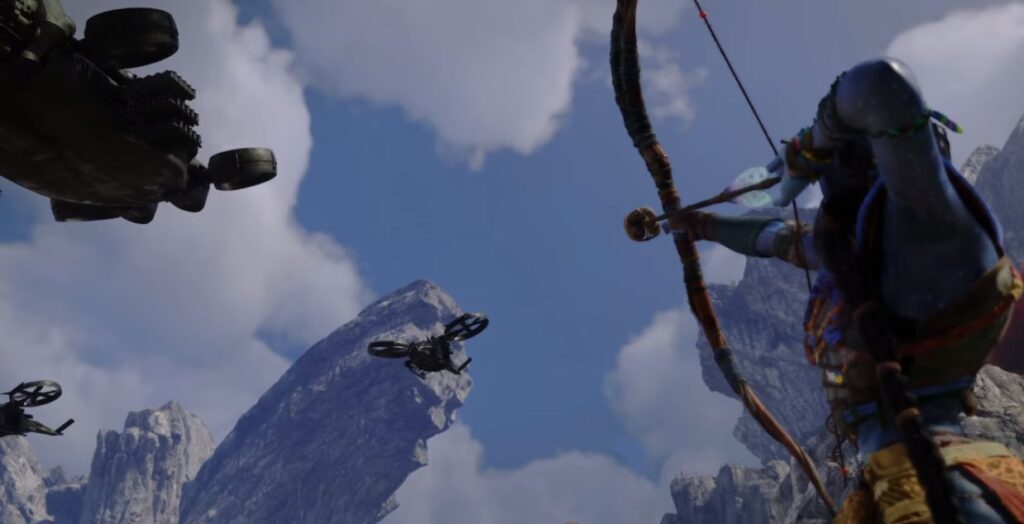
Catharsis doesn’t have to always come from something real. It’s why horror and action as genres excel in storytelling through fear and confrontation. Video games can do the same thing. But that’s nothing new. Just look at how Red Dead Redemption 2 allowed you to raise your honor by killing the Klan throughout the game. Retribution is a cathartic release, so Avatar: Frontiers of Pandora succeeds.
The highlight is when you start the last act of the game. Having come from a TAP school, an RDA-run school made to create ambassadors for humans in the name of The Ambassador Program, one part of finding your past is by searching the very first TAP facility. At the start of the game’s second act, you play through a quest where you visit what seems to be the first TAP facility. Entering the dilapidating facility is shocking. You slowly uncover and connect memories to specific memories you’ve buried away. But while you’re physically alone, your brother Nor is on on comms.
Your character explains what you see: animal cages clearly used for Na’vi, abandoned pieces of childhood strewn across the room. You know that it’s connected to your past; you just don’t know how yet. Then you stumble on a row of showers and makeshift beds, and it shakes something loose. As you tell Nor what your character sees in the facility, he recounts the unrelenting disinfectant showers forced on them, noting that the RDA and its leader, John Mercer wanted to wash the Na’vi off of them. But that’s only the beginning, and what follows is one of the most unsettling and heartbreaking sequences in the game and of any games I’ve played this year.
Ripping word for word out of a racist playbook, Avatar: Frontiers of Pandora’s script is built on the exact same rhetoric used over centuries to subjugate and oppress people simply for not being like them. Even today, the language around saving children is used to oppress and harm people. Children today are still being stolen.
Nor says, “They said we were dirty.” It’s a line that chills. He describes the disinfectant he and the others were showered with constantly and how one of the children he remembers became obsessed with washing himself to the point of self-harm. When experienced in the context of the game, it builds tension and informs the player of the traumatic events that took place at the TAP schools. But when you hear those words in context and conversation with history and with your own personal connections to it, the words are gutting.
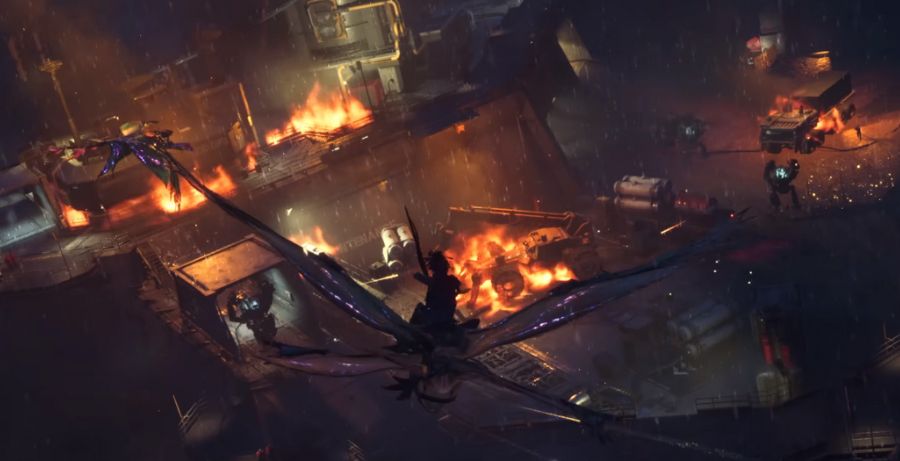
Playing this game as a woman who has been on the path of reclaiming my Indigenous heritage despite how hard those before me were pushed into assimilation to Mexican and American cultures. This is a sci-fi story. The Na’vi aren’t a real culture. But the aggression towards them, the hatred toward them, their trauma—all of that is grounded in the same historical trauma I have been taught. The history is one that was shared to show our resiliency, but it also keeps us from exposing ourselves to more bigotry. It’s a cycle that me and my cousins have been breaking as we refuse to assimilate into dominant white narratives.
While in RDA custody, you have one human you can look to for help: Alma Cortez. She’s your teacher and in her Na’vi Avatar, she is at least a friendly face. As the game continues, your brother constantly points out that she is just as much to blame as Mercer. She may not have beaten your younger brother for wetting the bed like Mercer did, but she didn’t intervene. In the same mission quest mentioned above, you uncover what Nor has known all along. Alma isn’t just a teacher but a key factor in your abduction and the death of your clan.
There is no forgiveness in Frontiers of Pandora for the colonizers. There is, however, retribution. Alma is critical to exploring this. She has hidden the past and her role in it from you. As you uncover it, Nor stabs Alma’s Avatar in an act of vengeance. To him, and I would argue to the game as a whole, Alma “wears us like a coat”—a line said by Nor in response to your initial softness toward your old teacher. Instead of saving her Avatar, you and the other Na’vi let it die, but only after allowing her the chance to admit her evil and to stop justifying it. You see the attack on your village, and you also see yourself.
Alma’s claims of needing to save Na’vi children are the same ones that Mercer uses to justify the genocide of your clan. “They are too primitive to understand what we can do for their children,” Mercer says. Everything around your past is heartbreaking, but it allows no wiggle room for “good intent.” Alma, despite what she claims as “good intent,” is still an arm of colonialism and is tinged with bigotry from the start. Instead of redeeming her, the game’s narrative revokes her Na’vi body, an act of justice for the children she hurt. In fact, the game allows you to accept or confront the past in the quest called “Penance.” It’s a quick side-quest, but you listen to Ri’nela, another child taken from the Sarentu, and make a choice: forgive Alma or stick by your friend’s side and not allow Alama to escape her guilt?
No one offers her forgiveness despite her sulking after the quests. Instead, they let her stew. Usually, in Western stories about colonialism, fantasy or otherwise, there is someone to save the colonizer. It keeps you from throwing them out wholesale. That’s the biggest issue with James Cameron’s Avatar, which was slightly corrected in the second film, although still at the forefront.

While the military is always the bad guy in Avatar, there has been one human at least to make you want there to be a bridge between Na’vi and Sky People. But here, in Frontiers of Pandora, it’s not about a supportive bridge between the two groups, the Na’vi and the Sky People. It’s about the Na’vi reclaiming the land from the RDA, as the fear of permanent settlements and further oil drilling is imminent. It’s about reclaiming the past that was stolen from you by the teacher you trusted. And more importantly, it’s about seeking retribution for everything.
I grew up hearing about residential schools. It’s a history I’m connected to through the stories told by visiting relatives who revealed why they chose to deny their indigeneity for the sake of survival. The tradition of forced assimilation has morphed over time. For my mother, that meant being beaten repeatedly if she spoke Spanish. Yes, even in Central Texas. While kids were no longer stolen in the Southwest, the push for whiteness led many people to lose their languages, names, and their futures for generations. I can’t get retribution for trauma that spans generations. I can protest, and I can try to fight for Indigenous peoples who are still actively traumatized by the continuous choices made by their governments. But none of that feels like it’s enough.
The narrative of Frontiers of Pandora doesn’t shy away from showing you the trauma suffered by your character and their siblings. It shows you all the ways the RDA is using its military might to destroy the land and the people who live on it. It details the kidnapping and abuse suffered in the TAP schools. It doesn’t allow forgiveness for the RDA members who were active or those who were complicit. But more importantly, it gives you the ability to get justice—to seek retribution.
It’s not about revenge. Vengeance is enacted based on emotion alone. In fact, Nor is chided for his personal revenge narrative. Still, it is about retribution. You take down the RDA and fight Mercer with the sanction of the resistance, and you’re never told to embrace pacifism or even entertain it. Instead, you push the Sky People back over and over, with the same intensity and violence they have shown you, in the hope that enough losses will force them to leave. You can’t bring back your clan or relive your childhood, but you can ensure that other Na’vi don’t lose theirs. I don’t know if it was by design, but retribution is core to the game loop, and it thrives because of it.



